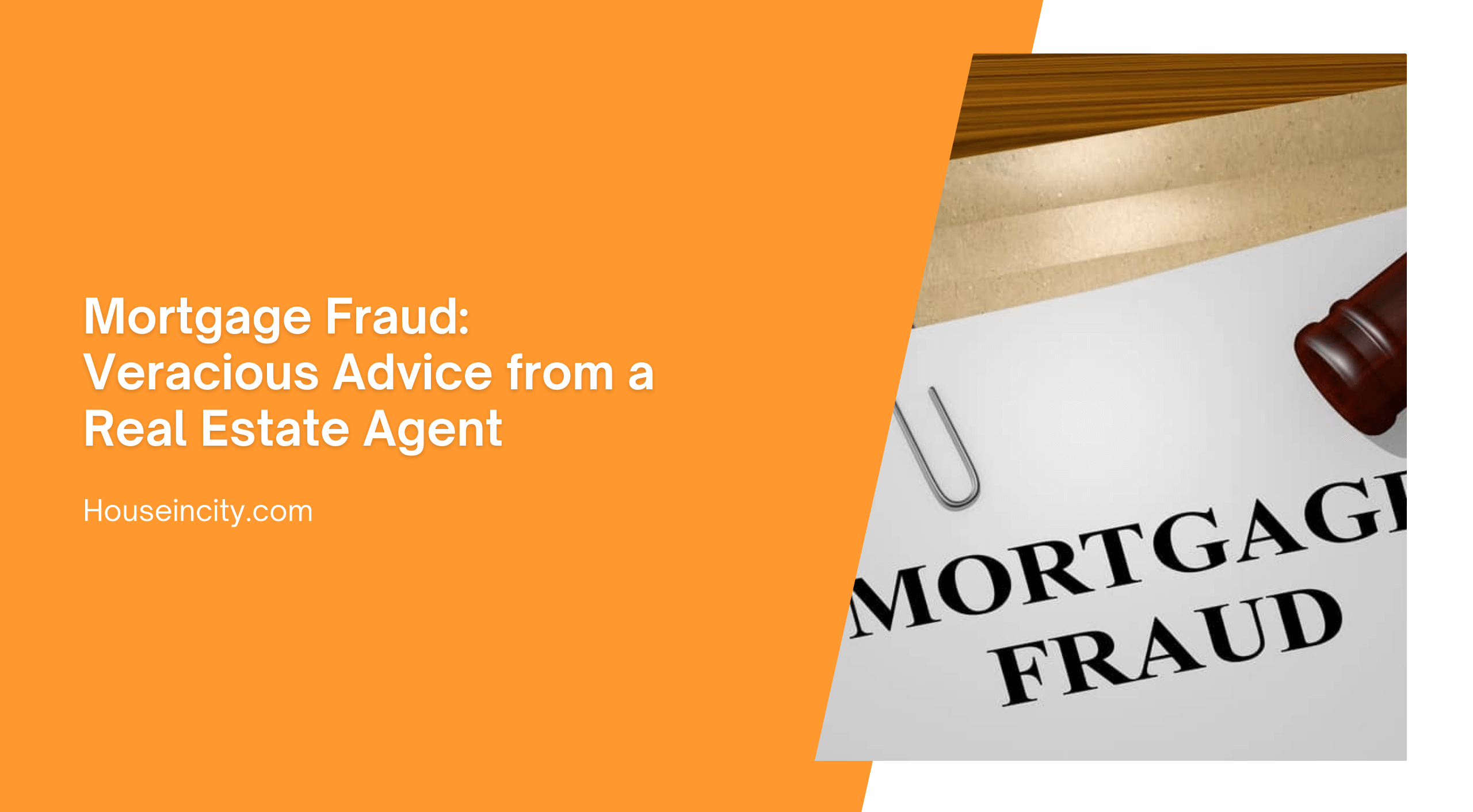I will begin with an experience that may surprise you, especially since it has happened to me on more than one occasion. I have had clients who were quoted a price on a home loan. This means they have submitted pay stubs, been qualified and discussed interest rates and monthly payment price in order to stay within their budget, without feeling too stretched to make the monthly payment.
When they show up at closing to sign escrow papers, the escrow or title officer reviews their documentation with them as the signing of docs proceeds (typically mortgage broker is not in attendance to answer questions; note that I am in attendance to help answer their questions).
When they get to the first loan docs, they are surprised at the higher interest rate that increases their monthly payment. They usually comment about how the mortgage broker didn’t tell them it would be that amount, but they are excited about being a homeowner, so they are emotionally committed to getting the property and go ahead and sign anyway.
Then they get to the second loan docs, or home equity line of credit (HELOC) docs, and that interest rate and monthly payment are also higher than originally told. Most people will STILL feel pressure to sign. Some people will stop the deal until they can get a hold of their mortgage broker and discuss the details.
The mortgage broker inevitably tells the buyer it will be okay, go ahead and sign now and we will refinance it later. The buyer does what the mortgage broker tells them to do, thinking they are being given the best advice by their trusted advisor. I sit there and try to talk some sense into them before they sign. For me, it’s NOT about the money; it’s about being able to sleep at night. For the mortgage broker, it IS about the money.
You see, what the mortgage broker isn’t telling the buyer with the pen in their hand is that in order to refinance that loan, there is 9 times out of 10 a PREPAYMENT PENALTY if you refi before a certain time frame, typically 2-5 years. This means the buyer, if they sign, is locked INTO a payment they cannot afford for that time frame, until which time they are free to shop elsewhere for a cheaper loan.
Another downside to this is that HELOC‘s are usually a fluctuating interest rate and could very well increase every month if interest rates happen to be climbing, putting a financial burden on the homeowner and possibly amounting to foreclosure if they cannot make the payments until the prepayment penalty time frame has passed.
In another scenario, I have been asked by an agent to remove the listing from the MLS (multiple listing service) because they have an investor-buyer who is interested in making an offer higher than the list price in the MLS. The problem is that the seller is excited to get an offer, higher than he wanted; the catch is that the buyer wants the cash back, under the table without notifying the lender.
WARNING: This constitutes mortgage fraud. If ANYONE asks for money back at closing, whether it is in the form of cash or a credit for repairs, you have to question the other agent and if they are being ethical. If they are being ethical, they will explain in full detail what they are doing, and be up front with the escrow officer and the lender. If they get defensive and start talking very quickly (as in back-pedaling out of the conversation with you) they more than likely are unethical and I would turn and run the other way…before you are hauled in front of a judge to explain why you were involved in a fraudulent transaction.
